What is vocational training?
An education that follows secondary school and that allows the learning of a trade and becoming a specialist in varied fields (construction, electrical work, truck driving, esthetics, finance, etc.).
What assistance services are available for students with a learning disability?
All vocational training centres have personnel responsible for students with a disability, and this category includes students with learning difficulties.
The best access point is the SARCA (Reception, Referral, Counselling and Support Services): SARCA is an indispensable resource that allows you to obtain all the educational and vocational information you seek, to explore your achievements, competencies and options for a career plan and vocational guidance. SARCA is the bridge between the individual and the program they want to pursue.
Complementary information
Career information allows the person to acquire the knowledge and the necessary know-how to practice a trade or other career activity. They must know that there are a multitude of programs, dozens in fact, in very diversified sectors. There are many vocational training centres throughout the province, so visit their websites to discover all options.
In vocational training there are services for students with learning difficulties who are not obliged – as they are in cégep, college or university – to supply a medical diagnosis.
To find the SARCA in your region, consult the list of SARCAs throughout Quebec.
* A person with a learning difficulty does not need a diagnosis to benefit from services from assistance
What does the SARCA do?
This service addresses all adults, whether they are studying or not, who need assistance in their plan to return to school, whether for adult education or vocational training. They will find the following services offered by professionals:
- Reception: to know the possibilities and to elaborate and accomplish their plan.
- School and career information: to be informed about study programs and trades.
- Skills exploration: to have their file analyzed and steered towards the appropriate services.
- Career guidance: to make career choices according to their situation and their experiences.
Learn more about services offered by SARCA.
